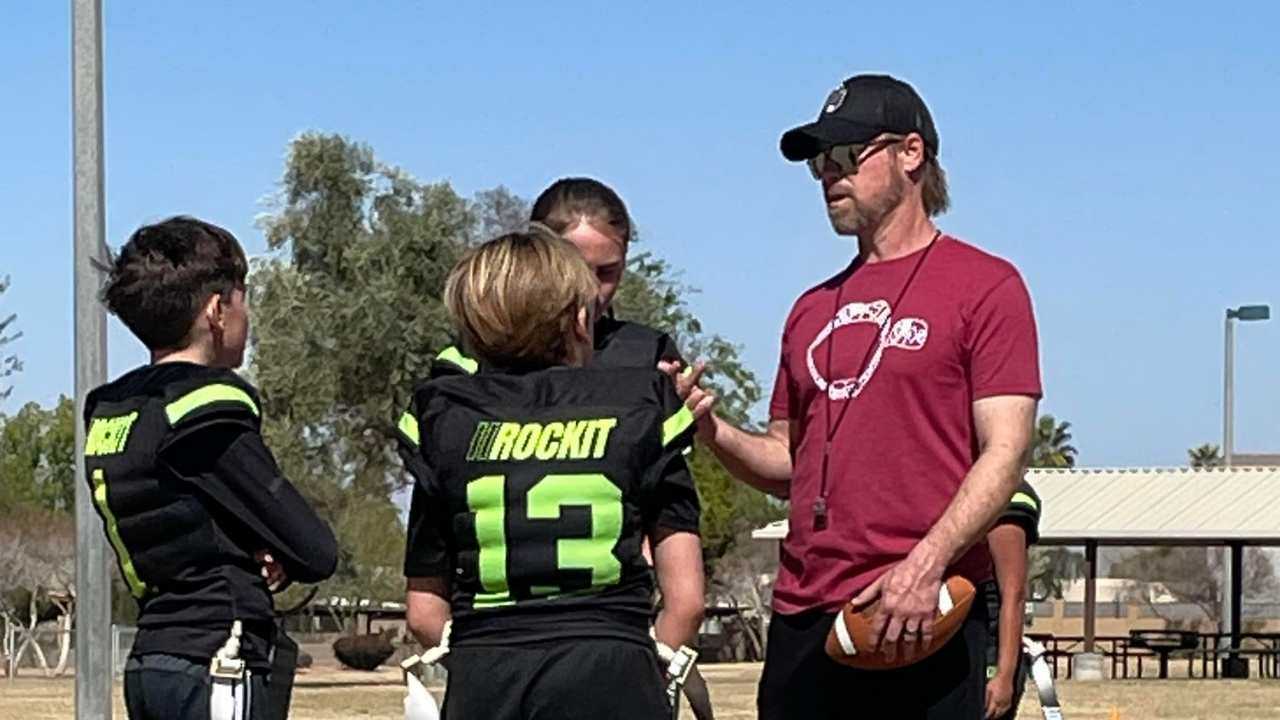The Science of Winning (It’s Not What You Think)
Dr. Jenny Etnier on the data that supports “It's not whether you win or lose, it's how you play the game.”
Ellen Lee
| 5 min read

Canva
Within the first few minutes of the game, it was clear my 11-year-old daughter’s soccer team was outmatched. The opposing team — especially one very fast girl — barreled through our players, scoring one goal after another. By halftime, my daughter’s team was down by some seven points.
Then something shifted. My daughter and her teammates rallied, taking control of the ball and even scoring a goal. Partly, it came from our coach’s pep talk during the halftime break. But it was also because the opposing team’s coach had issued a challenge to his players: Before scoring a goal, they had to complete three passes first.
The opposing team could have kept playing as they were, beating my daughter’s team in a landslide. Instead, the coach took the opportunity to shift the emphasis of the game, so that the players concentrated on skill-building, rather than relying on their star player.
The other team still won — handily. But the shift in tactics made it a different kind of win.
It really is about how you play the game
Years of research confirm the adage “It’s not whether you win or lose. It’s how you play the game.” The focus needs to be on the success of each player — and not so much on winning, says Jenny Etnier, PhD, professor of kinesiology at the University of North Carolina, Greensboro, and author of Coaching for the Love of the Game: A Practical Guide for Working With Young Athletes.
But even when we, as parents and coaches, tell our kids that winning isn’t everything, over and over again, sometimes inadvertently, we send the opposite message: Winning — the outcome — is what matters. And research suggests that this intense focus on winning can lead to poor results.
“If we focus only on winning, then we’re setting them up for failure because they’re not always going to win,” Etnier says.
Winning vs. relationships
Science is on Etnier’s side. One study on motivation and social behavior, published in the Psychology of Sport & Exercise in 2018, examined teenage boys on a soccer team. It found that when coaches encouraged their players to work on developing their own skills, the players were more likely to enjoy themselves more, support their teammates and grow their self confidence.
On the other hand, when coaches emphasized winning, it hardened the relationships between players and fueled their feelings of anger and judgement when they played poorly.
Kids who quit can’t win
When coaches and parents focus too much on winning, kids give up and quit. A 2018 report by two Texas A&M University researchers cited several reasons for why kids drop out of sports, among them, anxiety and nervousness due to excessive criticism and pressure to win, as well as not getting much play time because coaches only put in their star players so that the team can win.
Winning doesn’t rank high
A study in the Journal of Physical Activity & Health asked kids — specifically, 200 soccer players and their parents and coaches — what made the sport fun. Of more than 80 factors, winning ranked 48th, well behind things like playing well, getting along with your team and having a coach who’s positive.
Changing the message
How can parents and coaches apply this research on the field? During a game, coaches can motivate players by focusing not just on the score but also on the moves and decisions players make on the field: Can each player complete at least one pass during the game, or try a new move during the game that they recently learned at practice? On and off the field, is there a team culture that celebrates effort — and fun?
In youth sports, particularly among the youngest players, winning can simply be a matter of having matured earlier and being bigger, stronger or faster. But as other kids go through growth spurts and catch up, that advantage wanes.
In the end, paying more attention to mastery and improvement means that players build a foundation of skills, strategies, work ethic and fortitude, whatever their size.
And that, in turn, can lead to winning.
“If kids learn about their own self improvement rather than about comparing themselves to others, the beauty is that kids will improve,” Etnier says. And, she adds, “If coaches work with players so that they can be the best they can be, that means the team will have the opportunity to win.”
Related articles
Team Culture Matters — Even When They’re 5




